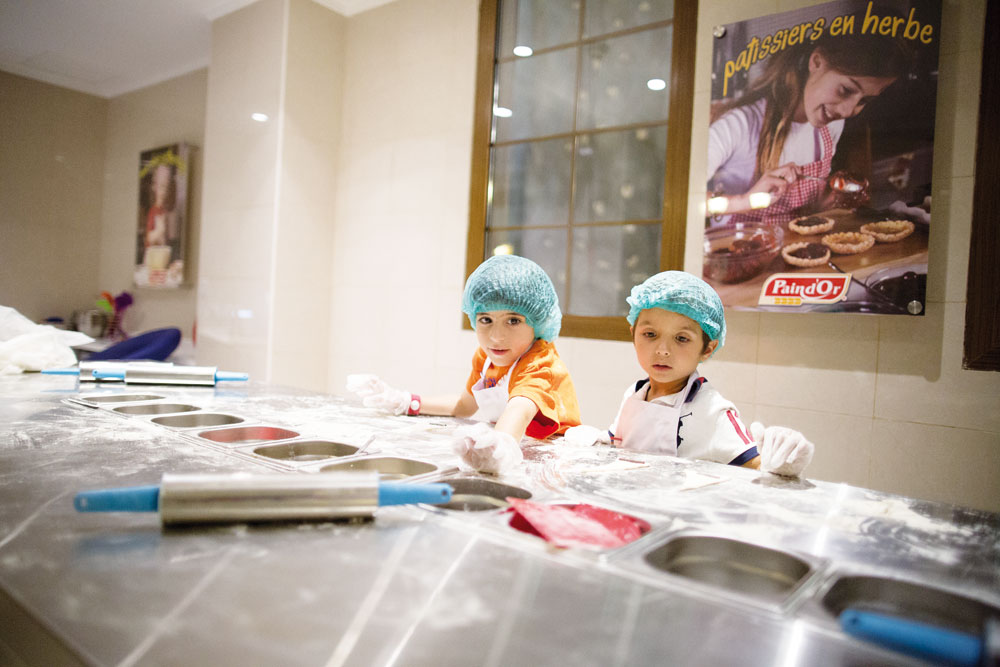Maya Sioufi
Maya is a research consultant on Arab youth entrepreneurship and employment. She headed Executive's banking, finance and entrepreneurship sections from 2011 to 2013. Previously, she worked at JP Morgan in London in equity sales for three years. She holds an MSc in Accounting and Finance from the London School of Economics (LSE) and a BA in Economics from the American University of Beirut (AUB).

